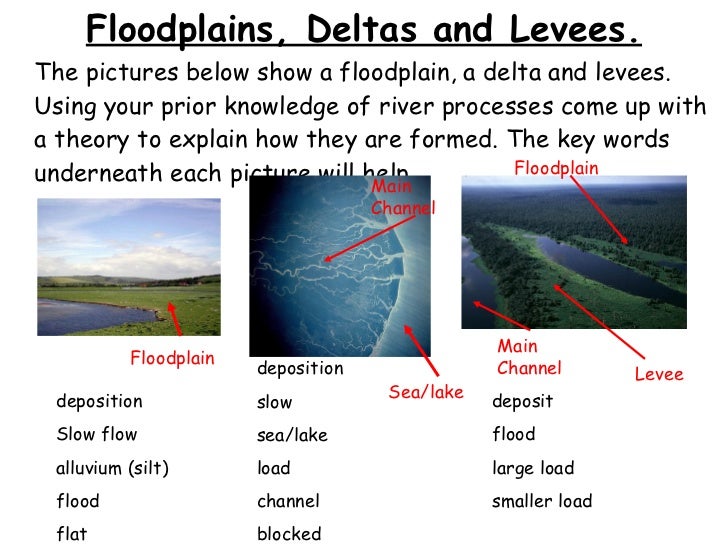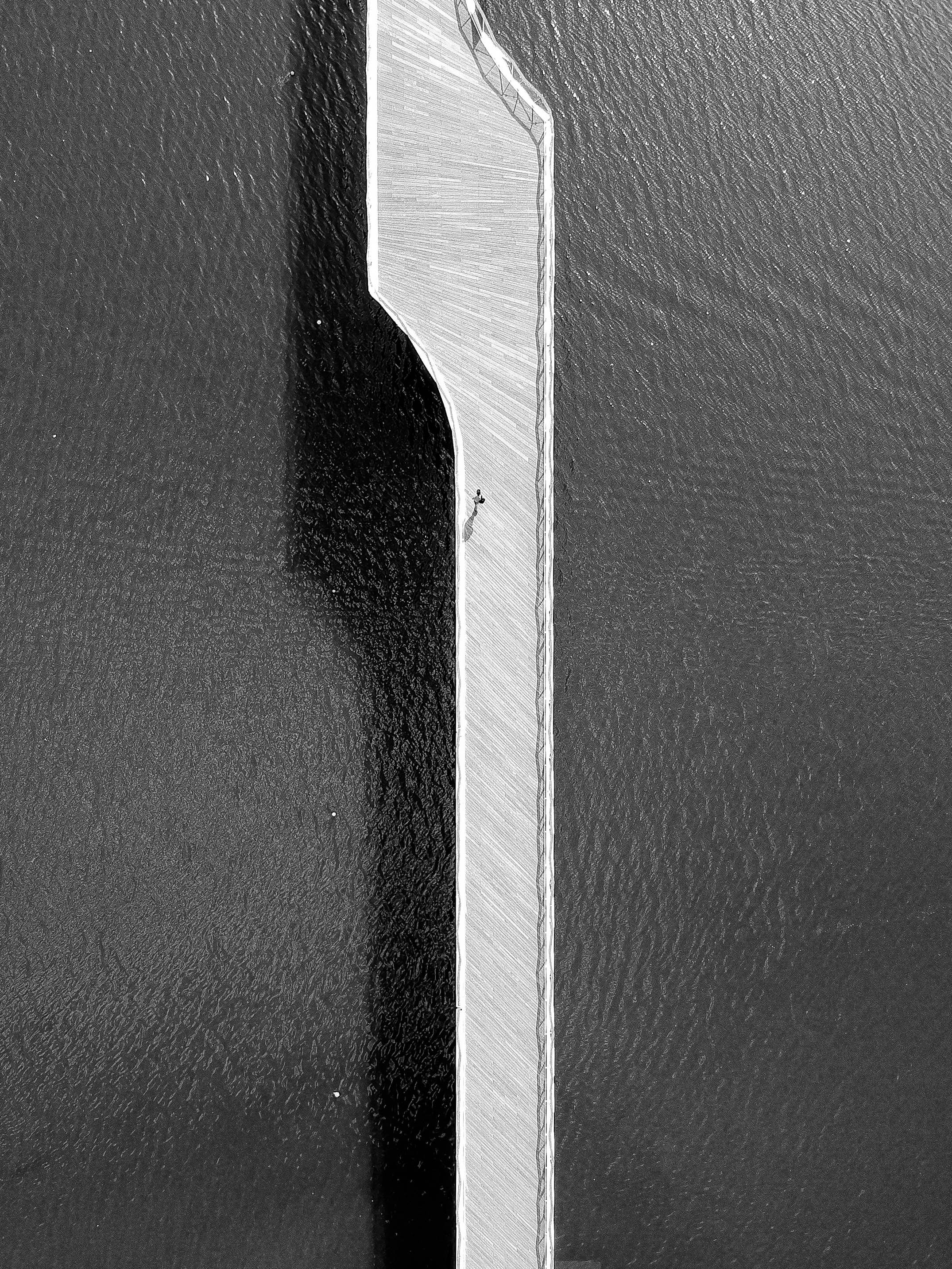
This happens twice more the last time, the lady also offers a magic belt, which is said to make its wearer invincible. He parries her advances but accepts her kiss, and plants his own on the lord during the night’s exchange. “You are welcome to my body,” she murmurs. The next morning, the host’s wife creeps into Gawain’s chambers.

During the day, he will hunt while Gawain rests in the evening, he will give Gawain the spoils of the chase, and Gawain will give him whatever he’s won at the castle. Eventually, half-dead from cold and hunger, he arrives at a castle-“It shimmered and shone through mighty oaks”-where a lordly host and his beautiful wife shower him with comforts. The next winter, Gawain, lavishly armed, sets off in search of the Green Chapel. “I’m the weakest, I know, and the feeblest in spirit,” he declares, “so my life would be the least loss.” (This is politesse Gawain craves adventure and glory.) With a stroke, Gawain decapitates the giant, who calmly picks up his head and rides away: see you in a year.

Arthur wants to take up the challenge, but his nephew Gawain intercedes. He will accept any blow from one of Arthur’s knights if, in a year and a day’s time, that knight will come to his own home, the Green Chapel, and receive a blow in return. “Sir Gawain and the Green Knight,” the beloved fourteenth-century poem, begins during Christmastime at the court of King Arthur, when a giant man the color of spinach rides into the banquet hall with a proposition.


 0 kommentar(er)
0 kommentar(er)
